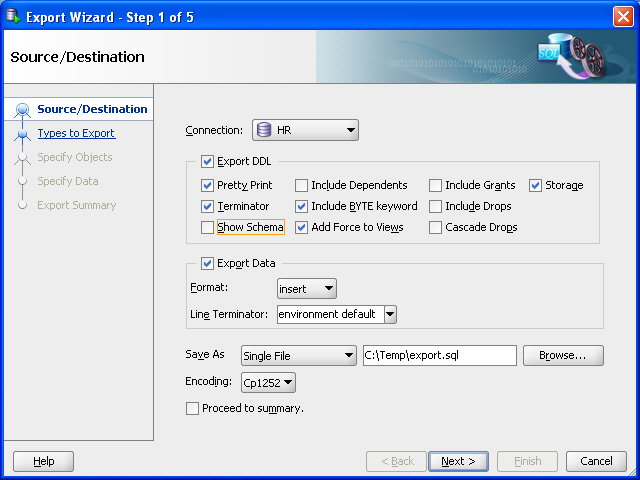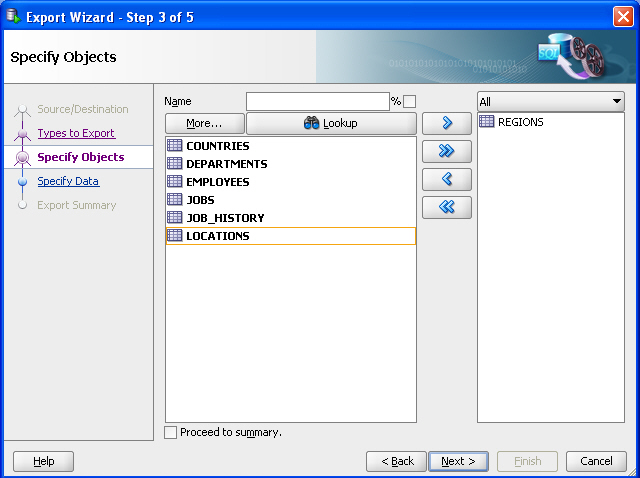I'm trying to restore all the inserts that I've done in my tables. I have a cursor that loops through table names, a second one that loops through all the rows from that table and a third one that loops through all the columns. The problem is that I can't declare a dynamic row because it gives an exception at runtime. Is there any solution to my problem? Or can you suggest another approach?
Here is the code:
declare
cursor c_table is select table_name from user_tables;
sql_query varchar2(100);
rc sys_refcursor;
begin
for v in c_table loop
dbms_output.put_line('INSERT INTO ' || v.table_name ||' VALUES (');
sql_query := 'select * from '||v.table_name;
open rc for sql_query;
loop
---- here i want to fethc all the rows
declare
sql_statement varchar2(200);
v_column varchar2(50);
re sys_refcursor;
begin
sql_statement := 'select column_name from user_tab_columns where table_name = '|| q'[']' || v.table_name || q'[']';
open re for sql_statement;
loop
fetch rc into v_column;
exit when rc%notfound;
end loop;
close re;
end;
end loop;
end loop;
end;


